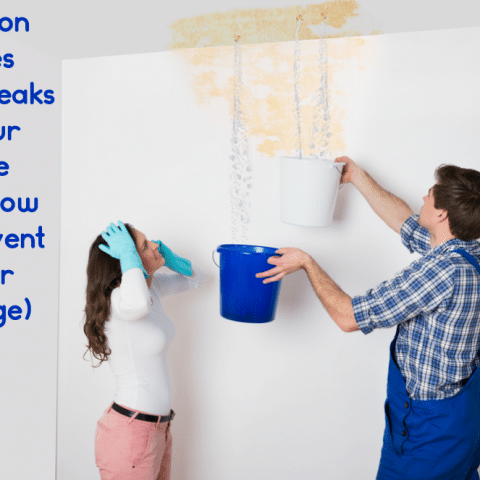6 Ways to Discover Concealed Water Leaks in Your House
6 Ways to Discover Concealed Water Leaks in Your House
Blog Article
Everybody has got their own unique thinking in relation to Leaking water lines.

Early discovery of dripping water lines can minimize a potential catastrophe. Some tiny water leakages may not be visible.
1. Examine the Water Meter
Every house has a water meter. Checking it is a surefire manner in which aids you uncover leakages. For starters, turn off all the water resources. Guarantee no person will purge, make use of the tap, shower, run the washing maker or dishwashing machine. From there, go to the meter as well as watch if it will certainly alter. Given that nobody is utilizing it, there should be no motions. If it relocates, that indicates a fast-moving leakage. Likewise, if you find no changes, wait a hr or 2 as well as inspect back once more. This means you may have a sluggish leakage that can even be underground.
2. Inspect Water Usage
If you find sudden changes, despite your consumption being the same, it indicates that you have leakages in your plumbing system. An abrupt spike in your expense suggests a fast-moving leak.
A consistent boost every month, even with the very same behaviors, reveals you have a sluggish leak that's additionally gradually intensifying. Call a plumber to completely check your residential or commercial property, particularly if you really feel a warm area on your flooring with piping beneath.
3. Do a Food Coloring Test
When it comes to water intake, 30% comes from bathrooms. If the color in some way infiltrates your bowl throughout that time without flushing, there's a leak in between the tank and also dish.
4. Asses Exterior Lines
Do not forget to inspect your exterior water lines too. Must water permeate out of the connection, you have a loose rubber gasket. One tiny leakage can throw away lots of water and also spike your water bill.
5. Check and Evaluate the Circumstance
Homeowners ought to make it a routine to check under the sink counters as well as also inside closets for any kind of bad odor or mold growth. These two red flags suggest a leakage so punctual focus is required. Doing routine evaluations, also bi-annually, can conserve you from a major problem.
A lot more notably, if you recognize your residence is currently old, maintain a watchful eye on your heating systems, hoses, pipes etc. Look for stainings and also damaging as the majority of pipelines and also devices have a life span. They will certainly likewise naturally deteriorate due to tear and also put on. If you believe dripping water lines in your plumbing system, do not wait on it to escalate. Call an expert plumber as soon as possible so you do not end up with a dreadful mess in your house.
Early detection of leaking water lines can mitigate a possible catastrophe. Some tiny water leakages might not be visible. Examining it is a proven method that helps you uncover leaks. One tiny leakage can squander bunches of water as well as spike your water costs.
If you think leaking water lines in your plumbing system, do not wait for it to escalate.
WARNING SIGNS OF WATER LEAKAGE BEHIND THE WALL
PERSISTENT MUSTY ODORS
As water slowly drips from a leaky pipe inside the wall, flooring and sheetrock stay damp and develop an odor similar to wet cardboard. It generates a musty smell that can help you find hidden leaks.
MOLD IN UNUSUAL AREAS
Mold usually grows in wet areas like kitchens, baths and laundry rooms. If you spot the stuff on walls or baseboards in other rooms of the house, it’s a good indicator of undetected water leaks.
STAINS THAT GROW
When mold thrives around a leaky pipe, it sometimes takes hold on the inside surface of the affected wall. A growing stain on otherwise clean sheetrock is often your sign of a hidden plumbing problem.
PEELING OR BUBBLING WALLPAPER / PAINT
This clue is easy to miss in rooms that don’t get much use. When you see wallpaper separating along seams or paint bubbling or flaking off the wall, blame sheetrock that stays wet because of an undetected leak.
BUCKLED CEILINGS AND STAINED FLOORS
If ceilings or floors in bathrooms, kitchens or laundry areas develop structural problems, don’t rule out constant damp inside the walls. Wet sheetrock can affect adjacent framing, flooring and ceilings.
https://www.servicemasterbyzaba.com/blog/how-to-detect-water-leakage-in-walls/

As an avid person who reads on Top leak detection hacks, I was thinking sharing that information was a good thing. If you appreciated our post if you please do not forget to pass it around. Thank you so much for taking the time to read it.
Report this page